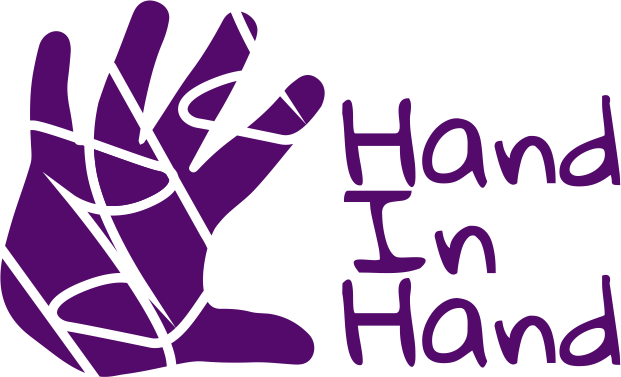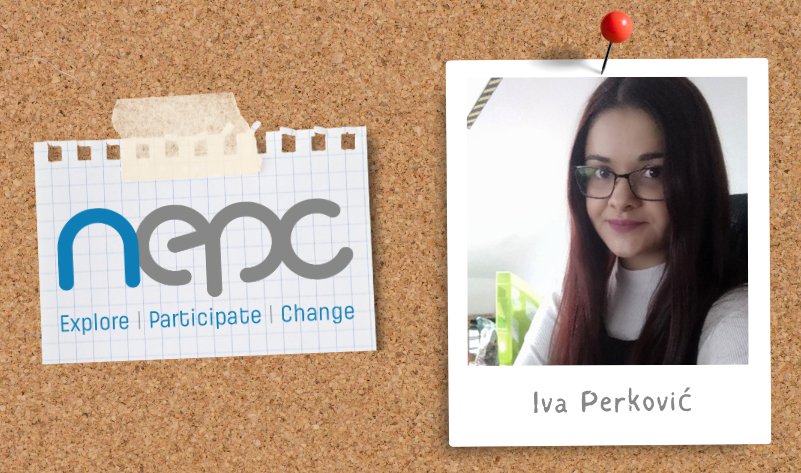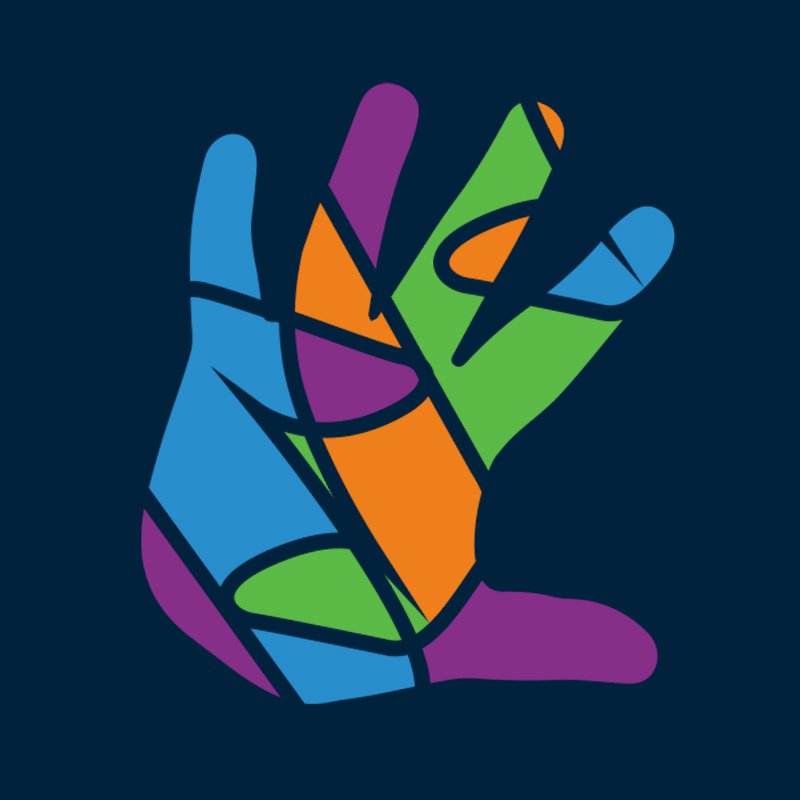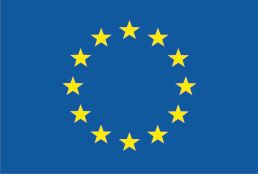




In this interview with Iva Perković from Network of Education Policy Centers (NEPC), HAND:ET partner responsible for wide dissemination of HAND: Empowering Teachers outcomes and findings and encouraging upscaling of the HAND: Empowering Teachers system, we will discuss the recognition of SEDA competencies in the NEPC region, on the policy level and within the membership as well as the sustainability of the HAND:ET core concepts.
Introducing the HAND:ET Consortium & SEDA competencies is a series of web articles that will be regularly shared via HAND:ET web site and social media channels (FB, X, YT). We will present the project partners through short interviews with members of the project teams on the topics from the field of their expertise that is also connected to and relevant for the HAND:ET project main theme: social and emotional competencies and diversity awareness (SEDA) and empowering teachers in schools.
HAND:ET project is empowering teachers for the complexity of everyday working life and enabling them to deal flexibly with the new challenges connected with the societal changes.
Network of Education Policy Centers (NEPC) is an international non-governmental membership organisation that gathers 22 institutional members from 19 countries. NEPC members are public and civil-society organisations that deal with education at different levels from educational research and policy analysis to continuous professional development of educators and school development. The Network’s contribution to improving education policies is reflected in its highly diverse project portfolio, which includes large projects involving multiple countries. NEPC envisions education committed to inclusion, participation, and collective wellbeing.
Iva Perković is a Project Coordinator at NEPC. She holds a Master's degree in Pedagogy and Sociology from the Faculty of Humanities and Social Sciences, University of Zagreb. She is experienced in project management, organizing and implementing field research, organizing and facilitating learning events.
Network of Education Policy Centers is an international network covering large geographic area, from the EU; IPA countries, Central Asian countries and Mongolia – that must contribute to the diversity of the educational context you are active in. What is your impression about the recognition of SEDA competencies (social and emotional competences and diversity awareness) on the education policy level in the region you are active in?
Since NEPC participated in the “initial” HAND in HAND: Social and Emotional Skills for Tolerant and Non-discriminative Societies (A Whole School Approach) project that revealed a lack of integrated and coherent policies supporting the realisation of social, emotional and intercultural (SEI) education in participating European Union member states, we were aware of the need for further research in the field.
In line with this finding and due to the significant interest of members who recognized the relevance of this topic for their educational context, we have conducted a mapping study in 2020 exploring the current state of policies, issues and practices in social, emotional and intercultural education in selected NEPC member countries (Azerbaijan, Croatia, Bosnia and Herzegovina, the Republic of Moldova, Russia and Slovenia).
The results were consistent with scarce existing international mapping studies in the field and reveal the similar challenges of establishing coherent national systems for supporting SEI education. It also identified various new approaches to the promotion of SEI education (e.g. a part of distinct subject in SEI learning: in AZ life skills, in HR the personal and social development, in MD personal development) that have not been identified in other (EU) countries. The study is available online and we also had a discussion with the main researcher, that you can check out to learn more.
What about your membership? Your Network gathers 22 institutional members from 19 countries, they vary from civil society organizations, research institutions, universities, how familiar are they with the HAND:ET core concepts?
NEPC, as an internationally recognized network, plays a pivotal role in identifying and addressing emerging trends and topics within the education sector. Serving as a bridge between the global arena and its members, NEPC actively introduces new topics to its members while facilitating diverse discussions on existing ones. One of the main strategic statements of our Network is related to educators being autonomous and engaged professionals who facilitate learning. We believe educators are crucial for the necessary paradigm shift from learning about the world to learning with it. As a result, the topic of well-being of educators and their SEDA competencies have been central within our Network for some time. Our members, who are highly recognised centers of expertise in their countries, have decennial experience in implementing projects, actions, initiatives, research, studies, policy analysis and other activities focused on the quality and inclusive education, continuous professional development of educators and school development. They have been working on these concepts together with us, joining the Network initiatives but also initiating their own. Education Research Institute (SI) who is leading the HAND:ET project is our member, as well as the Institute for Social Research in Zagreb who is part of the HAND:ET Consortium. Some of other the examples include:
You mentioned the significant importance of educators and their well-being that you carry in the strategic focus of the Network, how do you expect to contribute to this cause with your future activities?
As mentioned earlier, we see educators as crucial in making the paradigm shift from learning about the world to learning with it. This means also that we believe the content of education should support learning to become with the world around us and based on nurturing collective well-being. Our mission is to empower the education ecosystem to support transition and transformation towards earth-centric and inclusive education by contributing to the reimagining of the content and methods of education and empowering teachers and other school staff.
Lately, as transforming school culture has a high potential for changing how schools operate and improving educational results, we have been focusing on designing and implementing an innovative professional development (PD) program for school leaders, teachers and other educational staff, all strongly focused on environmental care and collective well-being where concepts such as mindfulness and relational competences carry a significant role.
You can learn more about the project on the official HAND:ET website, and to stay informed about the ongoing project activities and upcoming outputs follow official project Facebook, X (Twitter) or YouTube.

